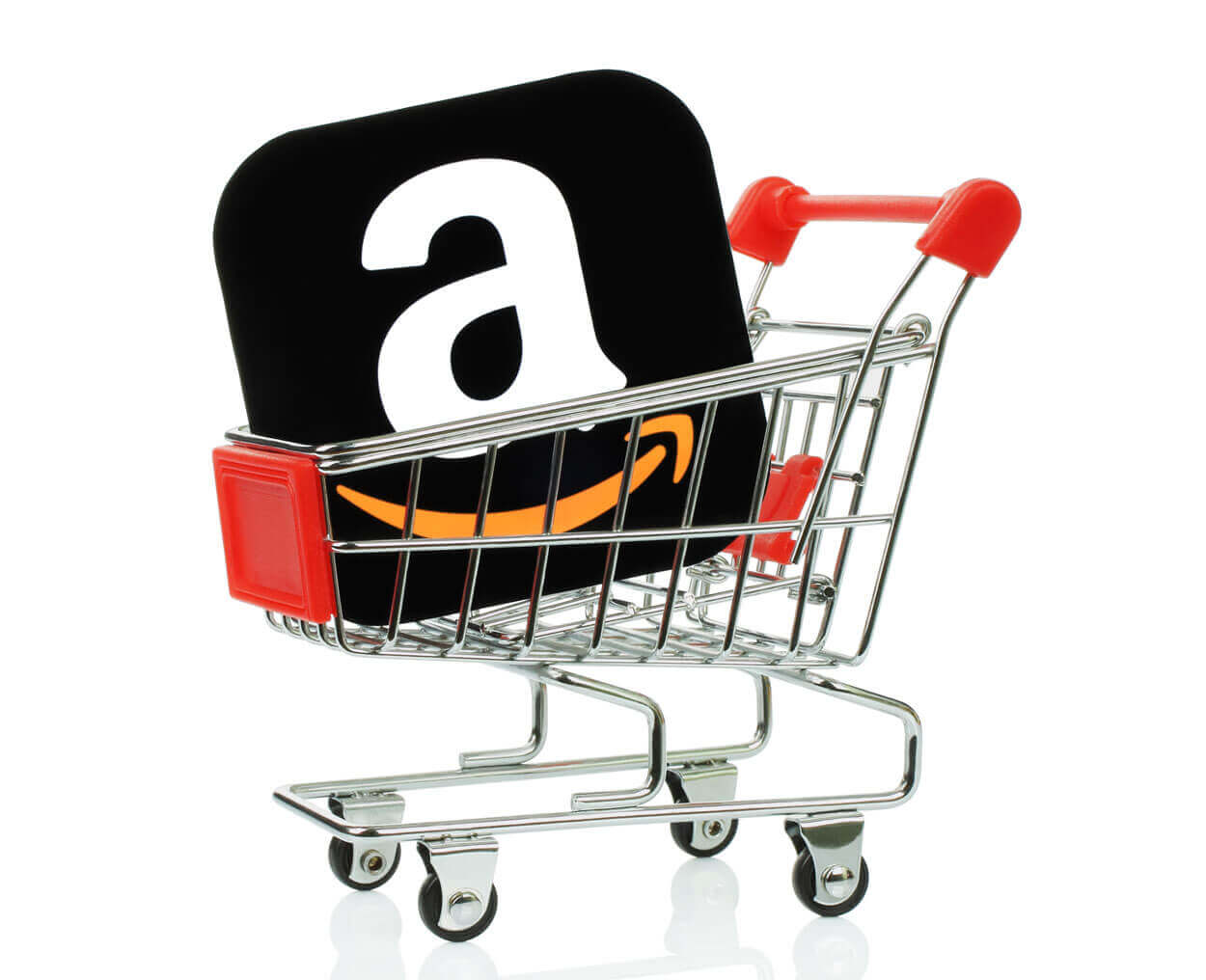Amazon FBA Wholesale Vs. Private Label: Which Is Better For Sellers?

In the vast world of Amazon FBA, two primary selling methods dominate the scene: wholesale and private label. The wholesale vs. private label debate has been ongoing, with each offering distinct advantages and challenges. But which model holds the golden ticket for aspiring Amazon sellers? Let's dissect both strategies to provide a clearer picture, allowing sellers to make an informed decision.
What is Amazon FBA Wholesale?
Amazon FBA Wholesale involves buying products in bulk directly from manufacturers or distributors and selling them on Amazon under the original brand name. Sellers don't need to worry about branding or creating a product from scratch; they merely act as a bridge between the manufacturer and the consumer.
This approach is appealing due to its straightforwardness. Sellers source popular products that already have an established market presence and demand. Since they purchase in large quantities, they typically get discounts, allowing them to list the products on Amazon at competitive prices while still enjoying decent margins.
What is Amazon FBA Private Label?
Diving into the private label realm, sellers source generic products and brand them under their own label or brand name. This method allows for more creative control, enabling sellers to build their brand's reputation on Amazon.
Private label selling demands research, especially during the initial product selection phase. Sellers need to identify products with good market potential but relatively low competition. Once a product is chosen, it's up to the seller to customize it (if necessary), create branding, and market it effectively.
Pros and Cons: Wholesale Vs. Private Label
Wholesale selling, as earlier mentioned, offers simplicity. There's no need to reinvent the wheel or spend resources on branding. Sellers can tap into the established reputation of existing products and brands. The risk associated with product acceptance is generally lower since sellers pick products already favored by consumers.
However, the wholesale model has its share of challenges. Margins can be slimmer, especially if there are multiple wholesalers for the same product, leading to price wars. Also, since the brand doesn't belong to the seller, there's limited control over branding, packaging, or product modifications.
Private Label Advantages and Challenges
Private labeling, on the other hand, offers more significant profit margins. Since sellers control the brand, they can dictate the price, especially if their product offers unique features or better quality compared to competitors.
However, private labeling isn't without its challenges. There's an inherent risk in launching a new product or brand. It requires a deeper market understanding and better marketing strategies to establish the product. Upfront costs, especially in branding and initial stock purchases, can be higher than wholesale.
Which Is Better: Wholesale or Private Label?
The answer to the "wholesale vs private label" debate is not one-size-fits-all. The best strategy depends on the seller's goals, resources, and appetite for risk.
Those who prefer a straightforward approach, with potentially quicker but possibly slimmer profits, might gravitate towards wholesale. Sellers who are more entrepreneurial, willing to invest more upfront, and are in the game for the long haul, might find private labeling more appealing. Before deciding between wholesale and private label, assess your financial standing, market understanding, and risk tolerance.
